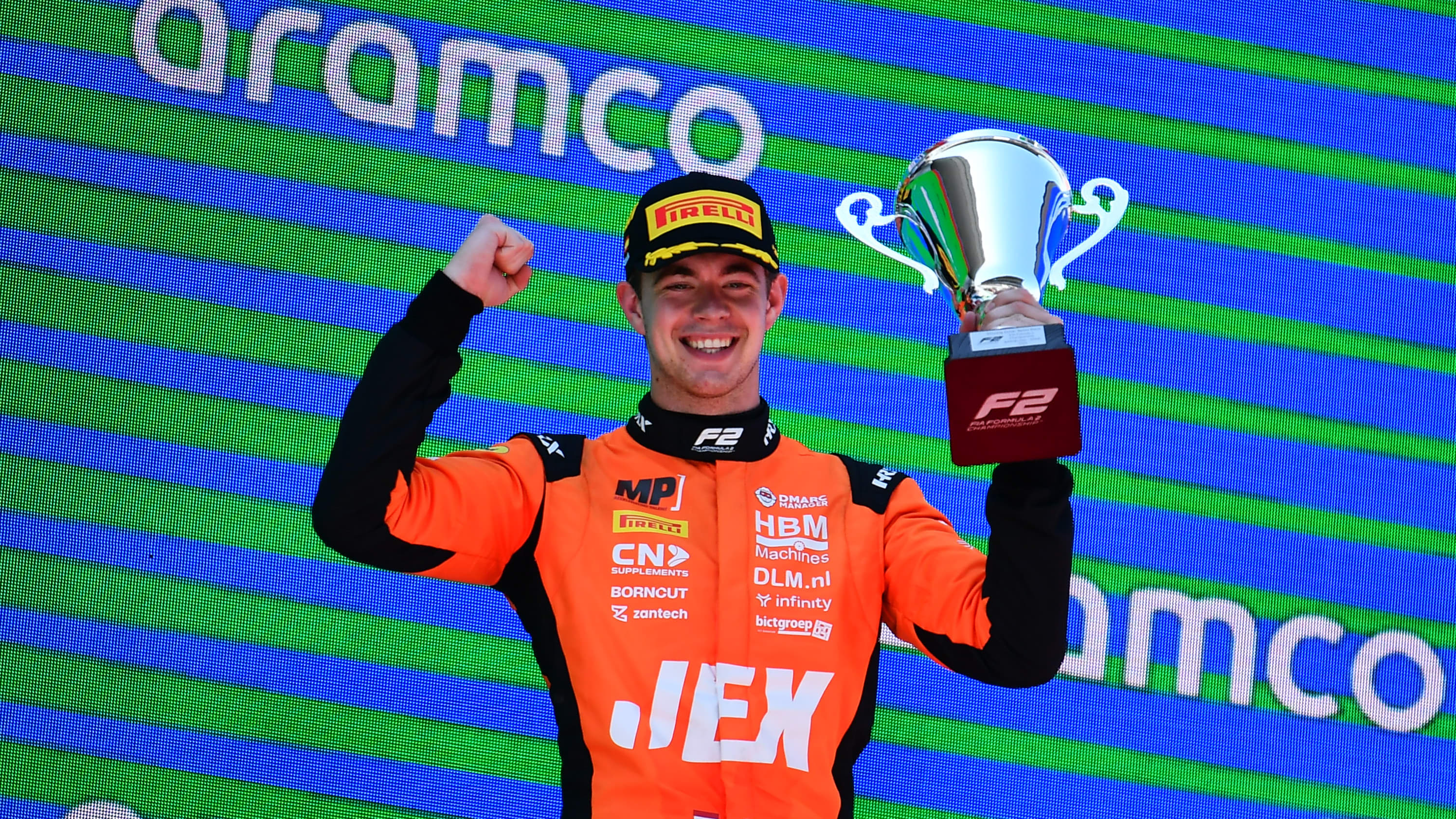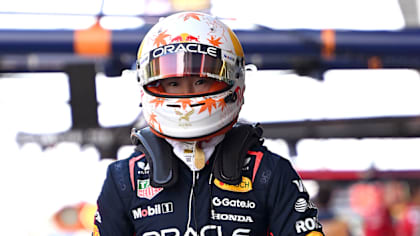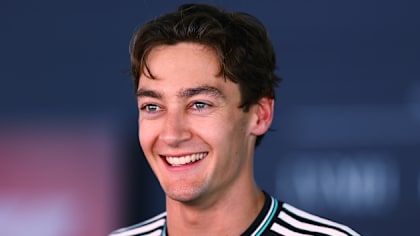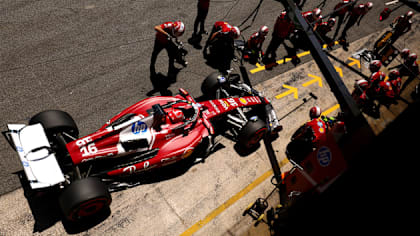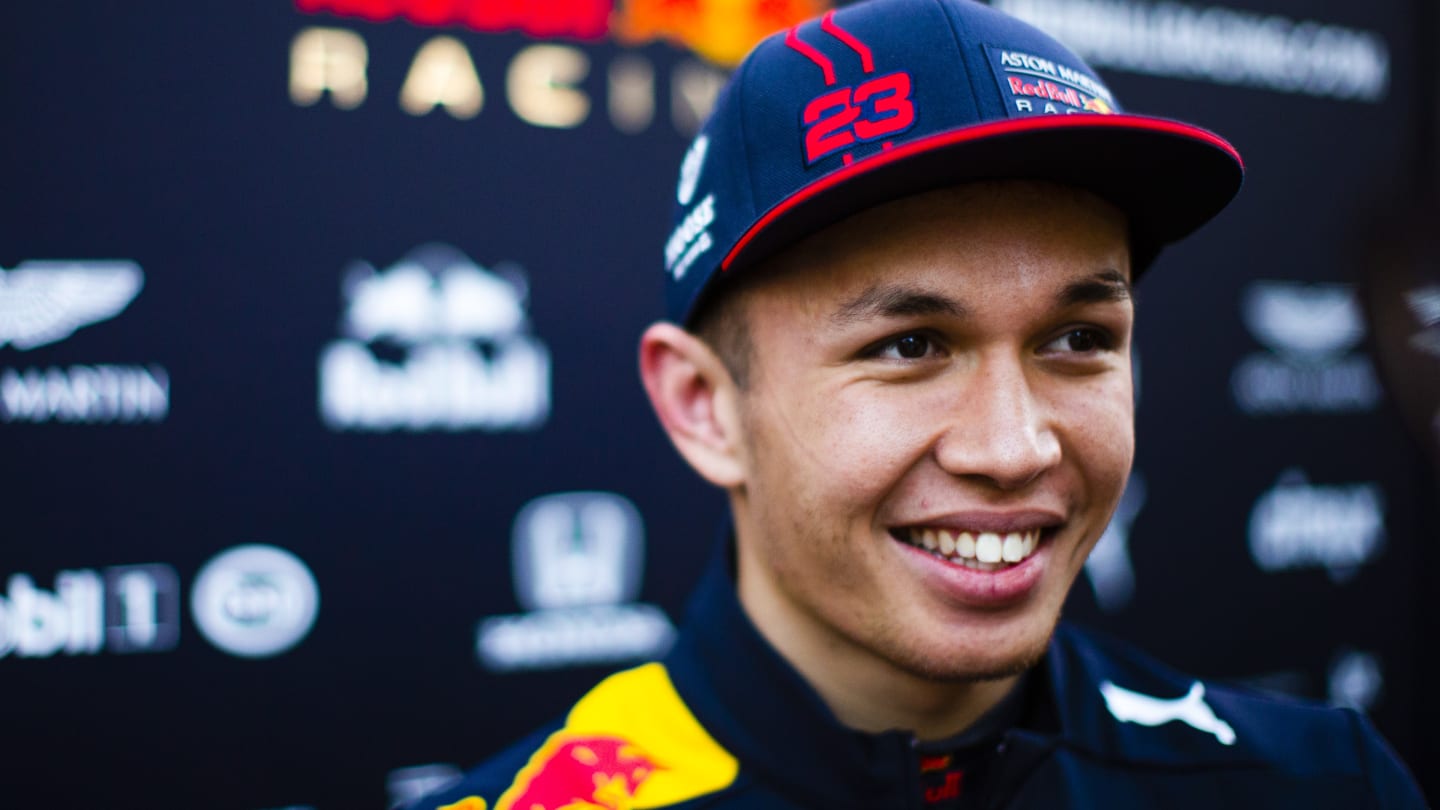
30 May - 01 June
News
'Every mistake gets criticised' – Albon opens up on Red Bull struggles and how they made him stronger
Share

Alex Albon has opened up about his time at Red Bull as he struggled to get to grips with life at the team, a period the Thai driver claims helped mould him into a stronger driver.
The now-Williams racer’s ascendancy through the Red Bull ranks was rapid, having initially signed to drive for Toro Rosso in the 2019 season. But that year, after the Hungarian Grand Prix, it was announced that he would be replacing Pierre Gasly in the top Red Bull team, partnering Max Verstappen from the Belgian Grand Prix onwards.
Those remaining nine races in 2019 went relatively well for the young driver as he scored 76 of his eventual 92 points in his Red Bull, and also received the Rookie of the Year award at the FIA Prize Giving Ceremony. However, his team mate Verstappen scored 97 points over that same period – a sign of the disparity that was to come.
In 2020 it all started to go downhill for Albon at Red Bull, as he scored 105 points in the drivers’ championship compared to his team mate’s 214. He would be demoted to the role of test and reserve driver with the team for 2021 while Sergio Perez replaced him alongside Verstappen.
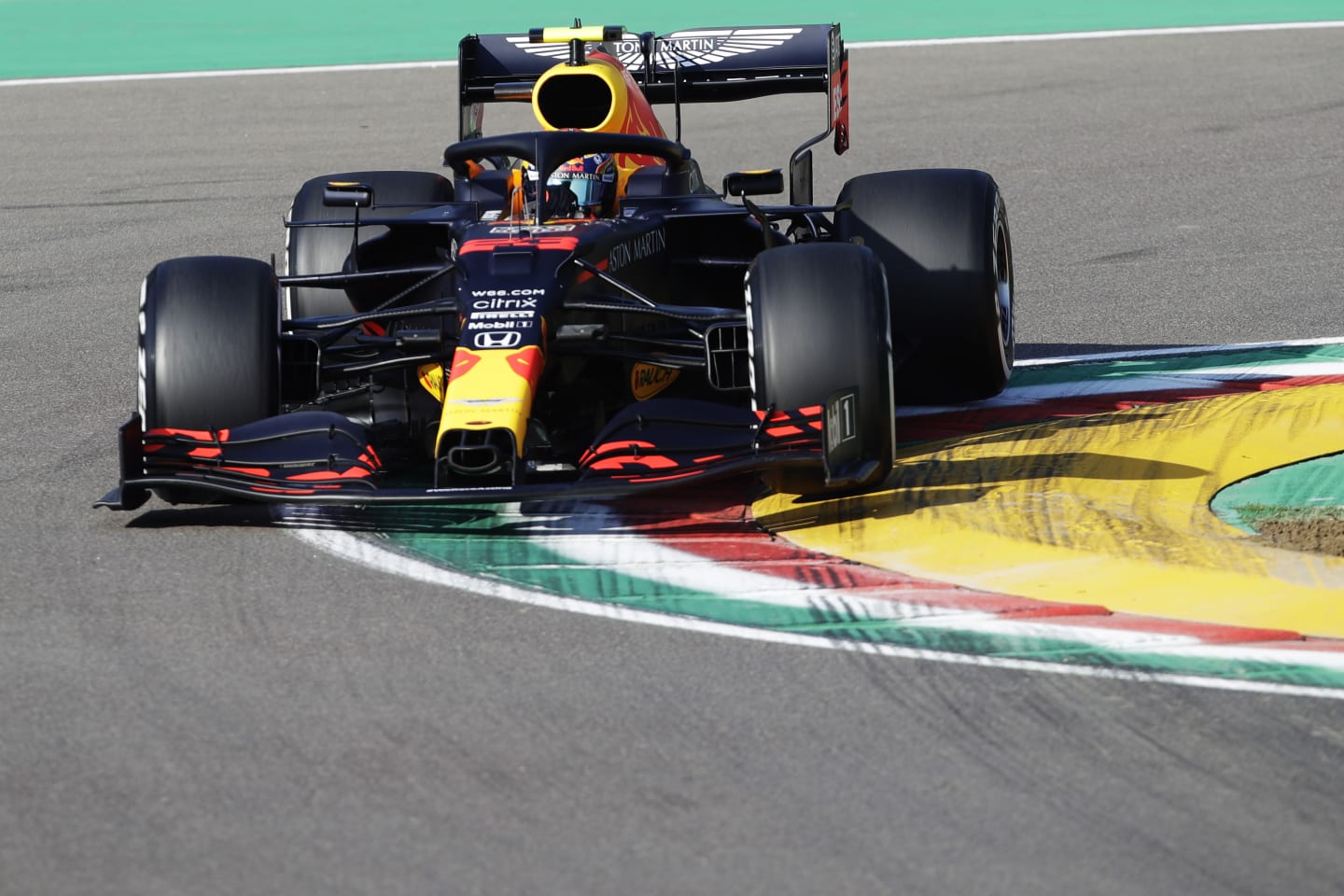
Alex Albon struggled at Red Bull before being demoted following the 2020 season
While things are looking much rosier for Albon at Williams – who he joined in 2022 – after delivering several outstanding performances for the Grove-based team, the Thai driver recently opened up on that period of his life with Red Bull – and how it helped him grow.
Speaking to the High Performance Podcast Albon conceded that, when he swapped Toro Rosso for Red Bull, there was a level of scrutiny that he simply wasn’t used to.
“Truthfully, for me especially, the biggest thing to get used to was everything around it,” he explained. “Once you’re in that top team, the spotlight gets put on you far, far more than what it was like at Toro Rosso.
“The first race that I went to, it was in Belgium, and the attention around this whole seat swap was massive and every mistake, everything you do, gets criticised. It’s quite a hot seat – the seat that I was in, it’s been moved around a fair bit – so that was one of the main things.”
With the benefit of hindsight, Albon admitted that he had also come to realise that, while his rise through the ranks demonstrated the talent he had, it meant he was relatively unprepared to operate at his best.
“I struggled with the media attention to begin with. I also didn’t have a manager, I didn’t have anyone around me,” he continued. “So in terms of my personal support, I had my family but I was just going about it alone. I’d go to the racetrack by myself – I had my trainer to be fair, but it was just us two going around.
“There’s also this general knowledge about racing. When you’re in junior categories, you’re quick and that gets you away from everything. There’s no importance [in having to give] good feedback or to truly give good direction and leadership.
“When I was going through Formula 3 and Formula 2, you pick up the skills, you learn the science behind what an anti-roll bar does, or why do you need to run more pitch in the car, or what does dropping a car do – all these scientific engineering terms you pick up along the way.
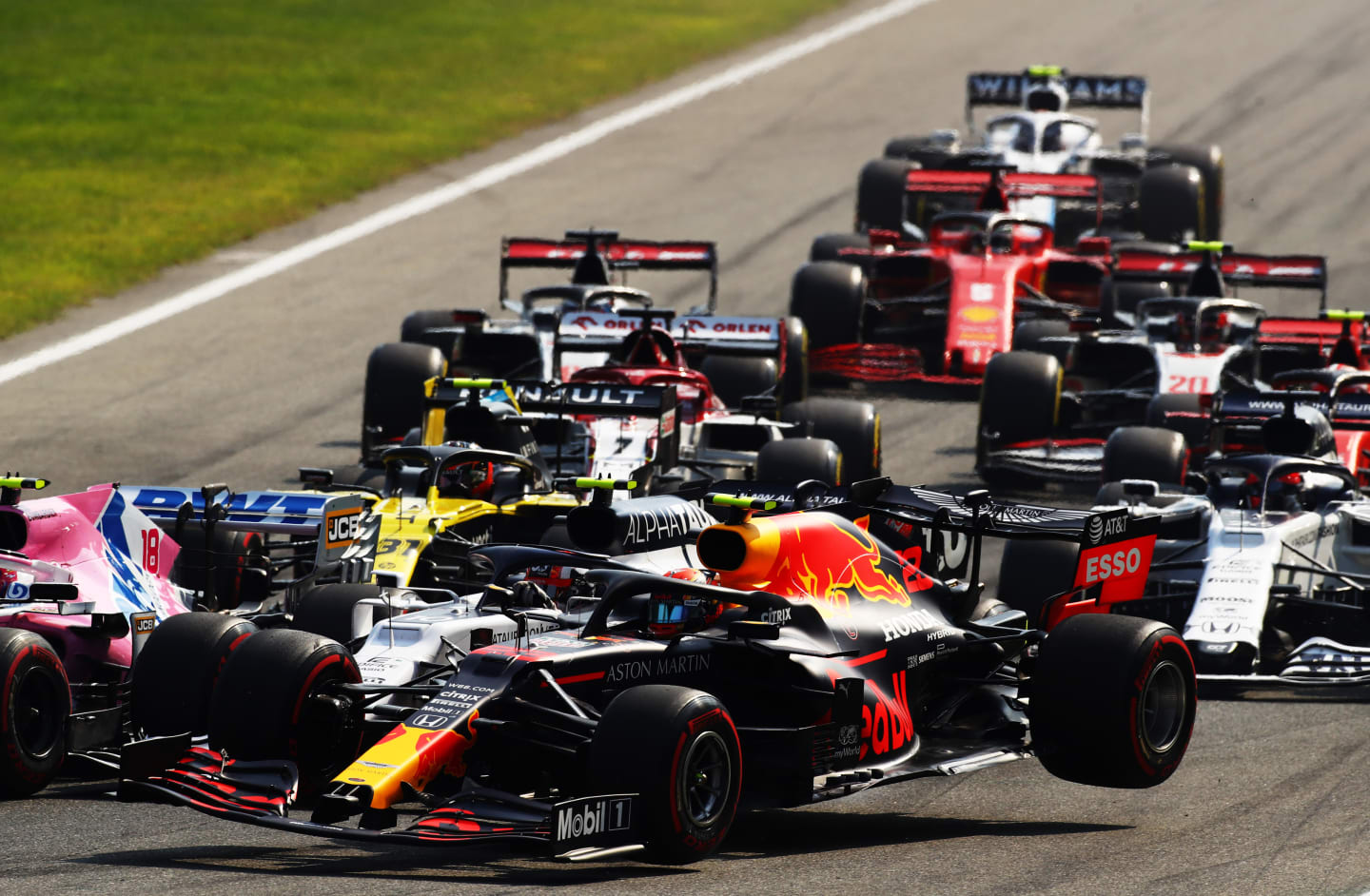
Albon collided with Gasly at the start of the 2020 Italian Grand Prix, one of the difficult moments he endured that year
“But in Formula 1, firstly the engineering level is far advanced to anything that happened in Formula 2, but also when I was struggling with the car – what do I need to do? Do I need to change some settings on my steering wheel, will that help with my performance engineer?
“There are literally 30 or 40 different things you can do to solve one problem and I had no knowledge really. I didn’t have experience, I never went through these problems before, and I was underprepared really. I just didn’t have that general racing experience, but life experience too.”
With the struggles that would pan out in 2020, Albon conceded that he had been “destroyed” mentally by the experience. But, while it was tough to live through at the time, it provided the Williams driver the foundations to bounce back – which he has done so in exemplary fashion.
“I realised when that year finished, mentally I had no energy left,” he explained. “The thing that also played a big part was trying to act like you weren’t being affected by it. Putting that smile on [for the cameras] or walking into the paddock with a smile on your face, all of that stuff eventually tore me down.
READ MORE: ‘It’s eye-watering’ – Albon shares the secrets of Verstappen’s unique driving style
“As I had my year away there were two areas I needed to work on. First, I felt like I was too much of a ‘yes man’ at Red Bull. I was too eager to impress and to please so I’d always say yes to a lot of things – whether it was marketing duties or time in the simulator or ‘Alex we think you need to do this interview, it’ll be good for you’ or whatever. I was always prioritising the team first and I realised my mental energy, I was far too drained even before I got into the car to begin with.
“The second thing was just pure performance. Where were my weaknesses to Max or what areas of the car… why was he able to drive these style of cars, why could he drive it this way, what areas of race management did I struggle with compared to him?
“I kind of created these two areas, the racing side and the non-racing side let’s say. Of course, it’s all in one, and I just came around to it and sat down with my trainer, got myself a manager, got myself a social person, got myself a psychologist, got myself an accountant. The very basic stuff.
“What’s very strange, I was fast-tracked so quickly into F1, I never created a structure. It was all just, ‘these are your house keys, this is where you’re staying, this is your bank account by the way’, and blah, blah, blah. I actually…for the first two months, let me sort all this stuff out. I need to actually live and figure out where my money is going and what am I doing.”
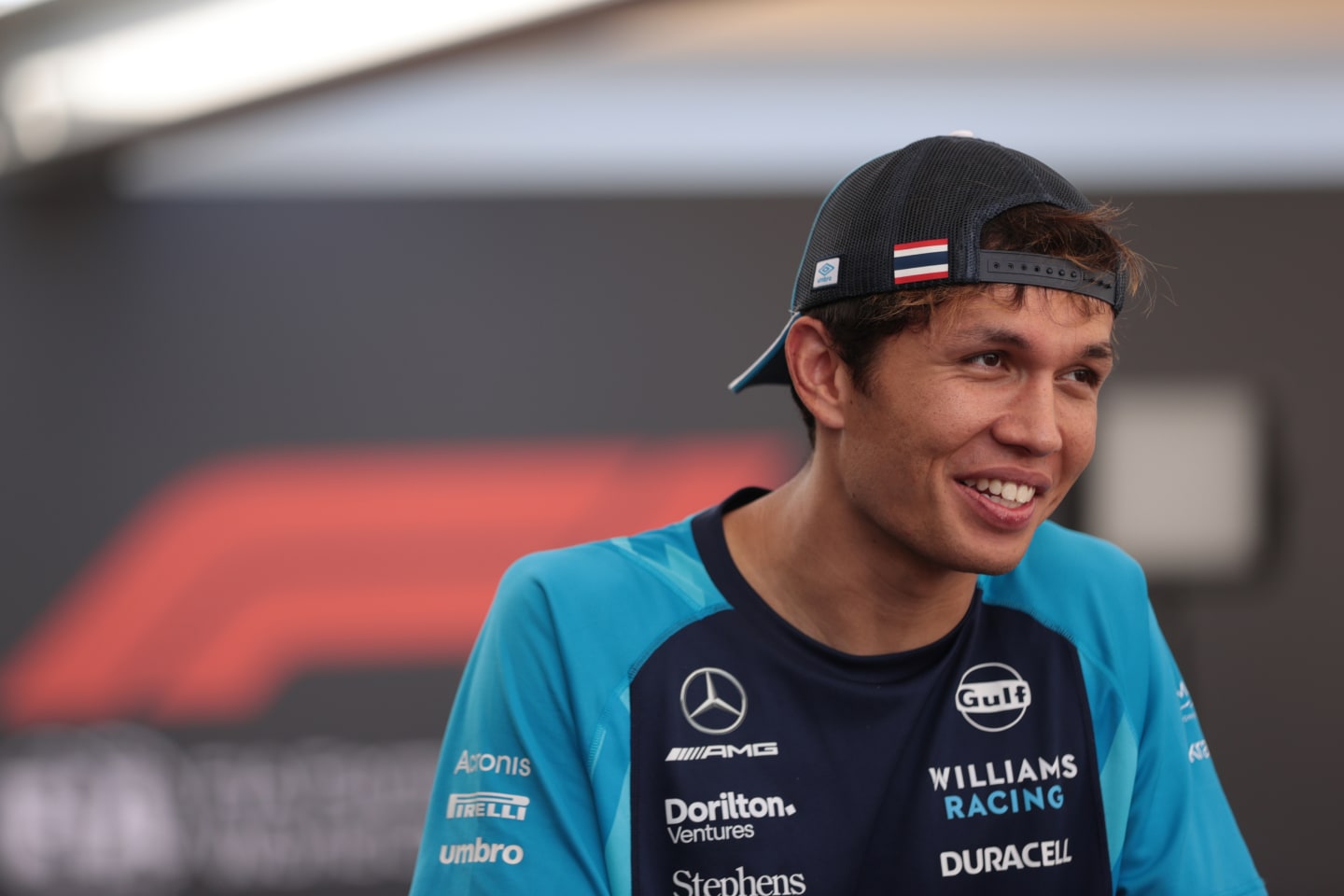
Albon is currently flourishing with Williams as he enjoyed some stellar displays in 2023
While Albon would use his year out of F1 to build up his network, support base and his off-track structure, he also used the time to analyse his own approach to racing and performing in the sport.
“I felt like the best thing that happened to me was having pure time away from the sport because you’re in the washing machine, race after race,” he said. “To actually get a moment of time to self-reflect – because you don’t really have that much time so self-reflect – it was the best thing.”
DRIVER MARKET: There are no changes this season, but who could be on the move for 2025?
He continued: “I’m kind of ruthless now in some ways. I’ve definitely changed my approach to putting myself first. The reason why I do it is simple: it’s because I need to care about myself more than other people.
“It’s that selfishness and I realised there’s a balance between being there for the team and being someone the team want to work for – because of how good they are – but also just outright. I’m the one driving that car, I need to be in the best position possible. So the way I go about doing it was purely my understanding of knowing what I need to be the best.
“It’s honestly just that simple. What does it take and how do I get myself to be the best driver I can be, that’s going to put me in the best position? I do that.”
YOU MIGHT ALSO LIKE
News Tsunoda laments ‘pretty tough’ Qualifying after battling ‘some strange issue’ on his way to P20 in Spain
News Russell ‘in a good place’ after ‘decent’ Friday for Mercedes in Spain despite concern over long-run pace
FeatureF1 Unlocked STRATEGY GUIDE: What are the tactical options for the Spanish Grand Prix?

Video WATCH: Ride onboard with Piastri for his spectacular pole position lap in Spain
